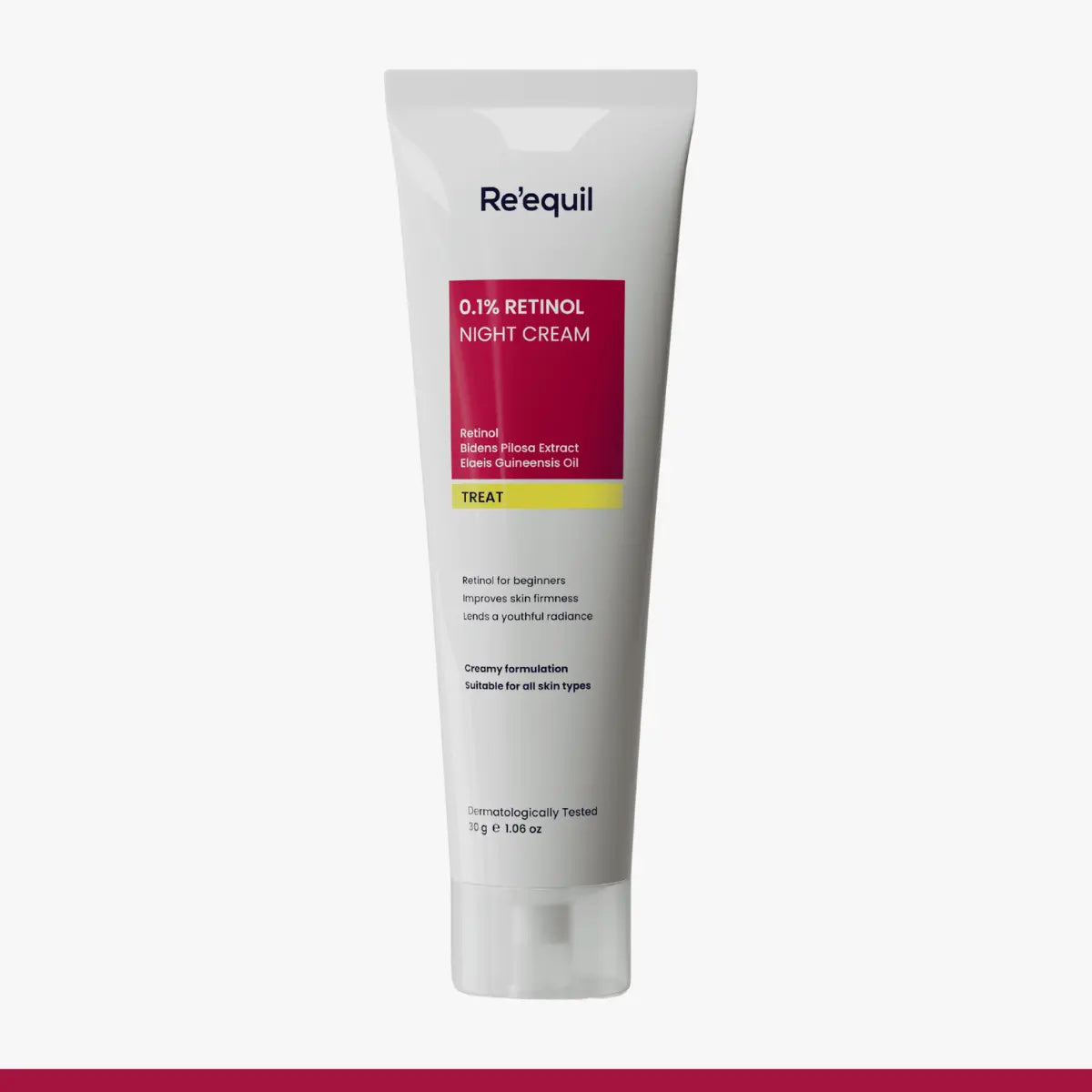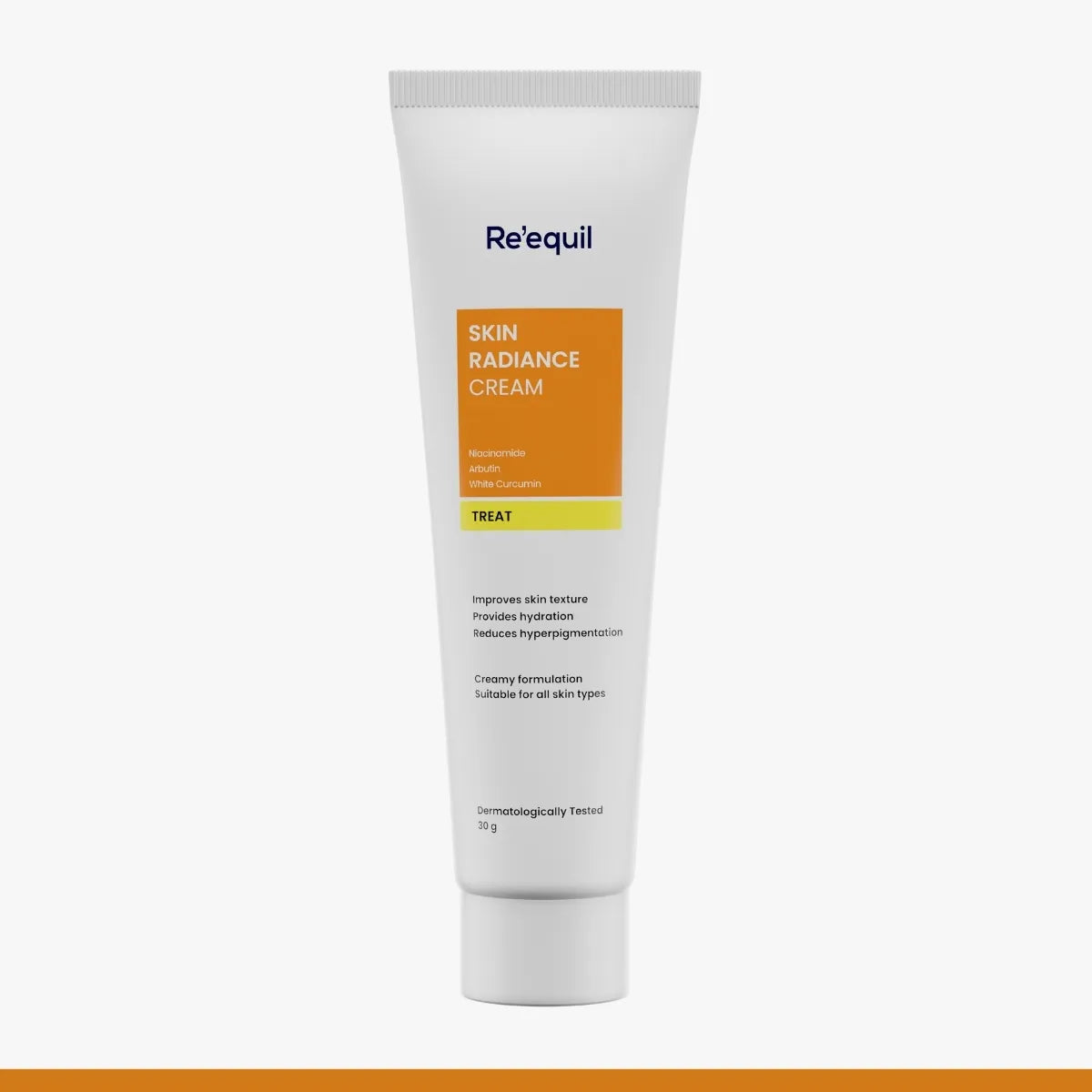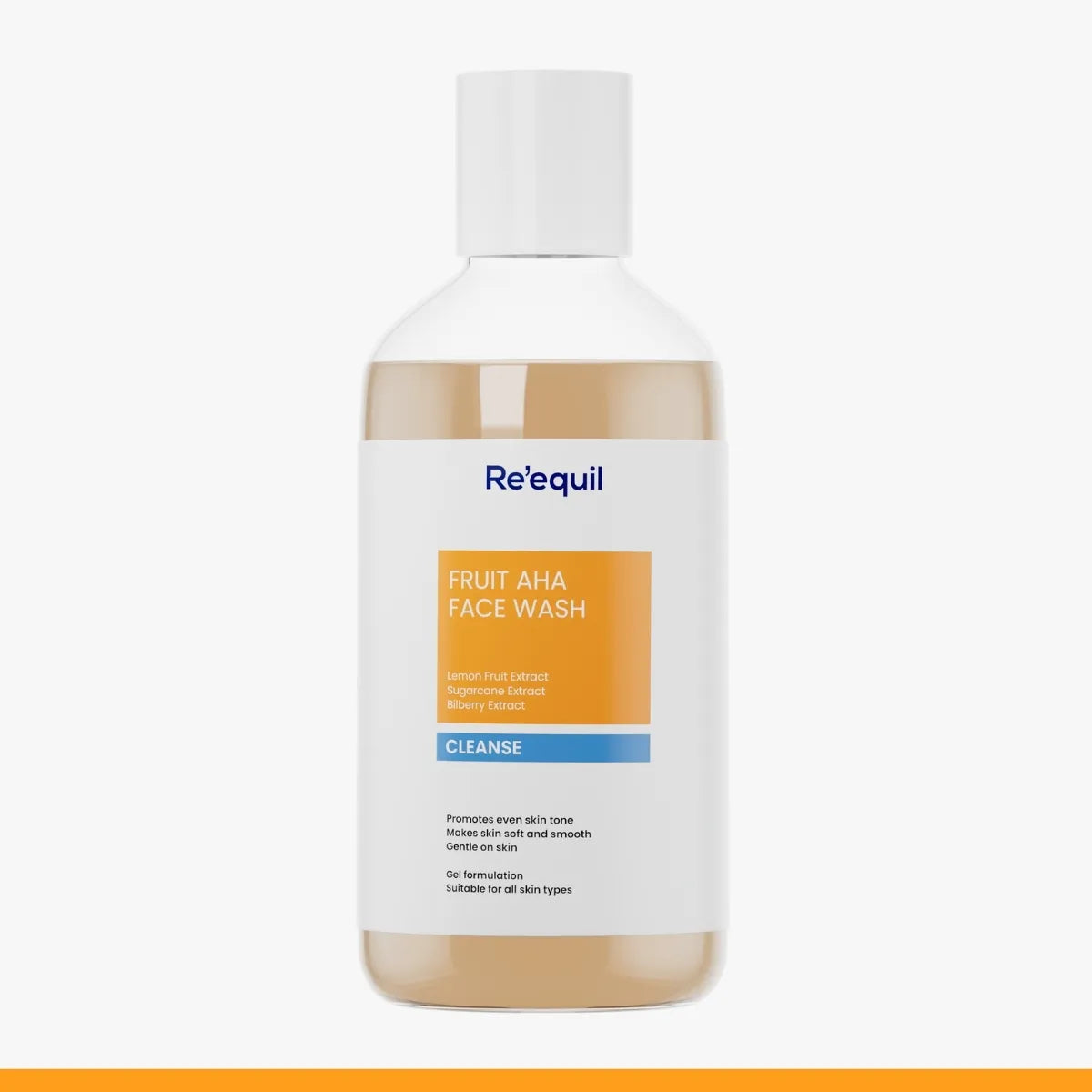You may feel overwhelmed by resentment and frustration due to those painful zits on your face. It is quite understandable that apart from giving you a compromised appearance, acne also affects your self-esteem and confidence. But you don't have to give up on hopes of treating acne. Yes, you heard it correct! Acne can be taken care of easily by just knowing what is causing it.
Acne vulgaris?
Acne vulgaris is the most common form of acne in adolescents but it may also occur at any age. It is an inflammatory disorder of the pilosebaceous unit which generally begins at puberty. Acne develops when your hair follicles under the skin become clogged. Acne vulgaris mainly affects the areas of skin that have multiple sebaceous glands such as the face, chest, back, and shoulders.
Symptoms
- Whiteheads
- Blackheads
- Small red bumps (papules)
- Hard painful lumps under skin (nodules & cysts)
Causes
- Hormonal fluctuations due to menstrual cycle and pregnancy
- Polycystic ovary syndrome (PCOS)
- Use of certain medications
- Application of cosmetics products
- Climatic conditions such as high humidity
Treatment
- Try salicylic acid-based products
- Take control of your diet
- Protect yourself from the sun
- Avoid stress
- Don't pop your pimples

1. Try salicylic acid-based products
Salicylic acid is beta hydroxy acid (BHAs) which is a well-suited ingredient for people having oily or acne-prone skin. It's a chemical exfoliator that does a wonderful job of keeping the pores clean and unclogged. The oil-soluble properties of salicylic acid enable it to penetrate the deeper layer of skin to clear dead skin cells and impurities. Hence, it shows a great potential to treat blind pimples effectively. Salicylic acid has anti-inflammatory properties that help to relieve pain and redness caused by acne infection. Research published in The Journal of Clinical and Aesthetic Dermatology has mentioned that apart from treating acne, the use of salicylic acid helps to refine the pores and improves skin texture.
2. Take control of your diet
You should not be ignorant of your diet when it comes to the consideration of what causes acne. Teenagers nowadays are attracted to eating junk food which is unhealthy to the skin and overall health as well. Board-certified dermatologists agree that unhealthy eating habits are one of the major causes of acne among adults.
A study from the American Academy of Dermatology has suggested that foods with a High glycemic index (GI) are liable for acne formation. Potatoes, white bread, doughnuts, and short-grains rice, etc are examples of high GI foods that trigger acne breakouts. Whereas, Low glycemic index foods include fruits, vegetables, legumes, and nuts helps to curb painful acne, blemishes, and any other spots to improve the overall appearance of your skin. In addition, The American Journal of Clinical Nutrition has explained that a low-glycemic-load diet plays a significant role in improving the symptoms associated with acne.
3. Protect yourself from the sun
Unfortunately, excessive sun exposure is not good for you especially if you have pimples on your face. Sun rays produce heat that tends to dry out your skin by depleting natural oils and moisture levels. To replenish the lost moisture and hydration, your sebaceous glands overdrive the production of sebum. This ultimately leads to the development of clogged pores and the risk of acne infections. In most cases, it has found that UV rays also lead to post-inflammatory hyperpigmentation (dark discoloration). Hence, it is important to choose a broad-spectrum sunscreen with PA+++ ratings to protect your skin against the potential harm of sun rays.
4. Avoid stress
It is natural to feel a little stressed with acne. But taking too much stress can trigger acne on your cheeks, forehead, and chin areas. A 2007 research study has suggested a significant connection between psychological stress and acne vulgaris in adolescents. Cortisol hormones are released when we are stressed which leads to an increase in oil production making your skin more prone to bacterial infection. Hence, in order to reduce stress one can practice breathing techniques, yoga, running, and any other kind of physical activity. All these things help to pacify the mind and improve the biological functions in the body which ultimately gives your acne-free healthy skin.
5. Don't pop your pimples
However, pimples are very frustrating, but still you must avoid touching and picking them. When you prick the pimple, the pus that comes out of the lesion can spread acne-causing bacteria to nearby skin areas. Not only, but the pressure applied to squeezing the pimple may also worsen the redness and inflammation which delays the wound healing process. Scratching and popping the zits can give you acne scars.

It's possible to rid acne and its aftermath if you employ a diligent regime. The first step to prevent acne is to choose good skin care products for your acne-prone skin. While buying the products, it is important to note that the product has "non-comedogenic" terms on the labels. This term defines that the product will not clog your pores which ultimately reduces the risk of acne. It is well said that when it comes to attaining clear and flawless skin, prevention is better than cure. With these given tips, defeat acne, step out with confidence, and conquer the day!
P.S.
Surprisingly, your hair hygiene can affect your acne-prone skin in a very bad way. When you don't wash your hair after regular intervals, sweat, dirt, and other impurities keep accumulating on your hair and scalp. Make sure to keep your hair clean so extra oil or any other impurities should not run to your face and trigger acne flare.







